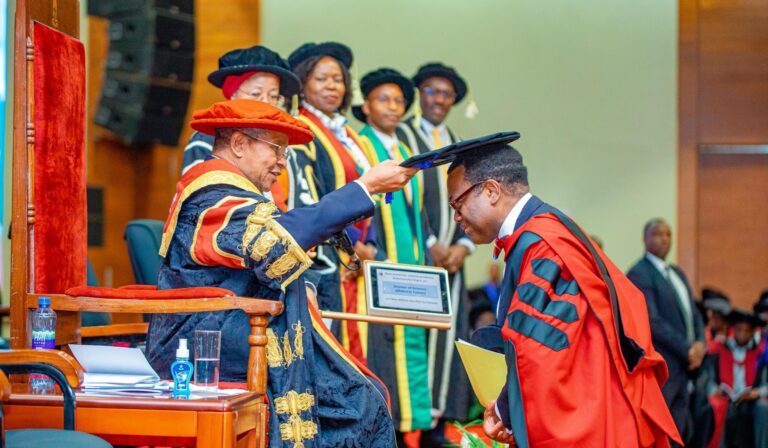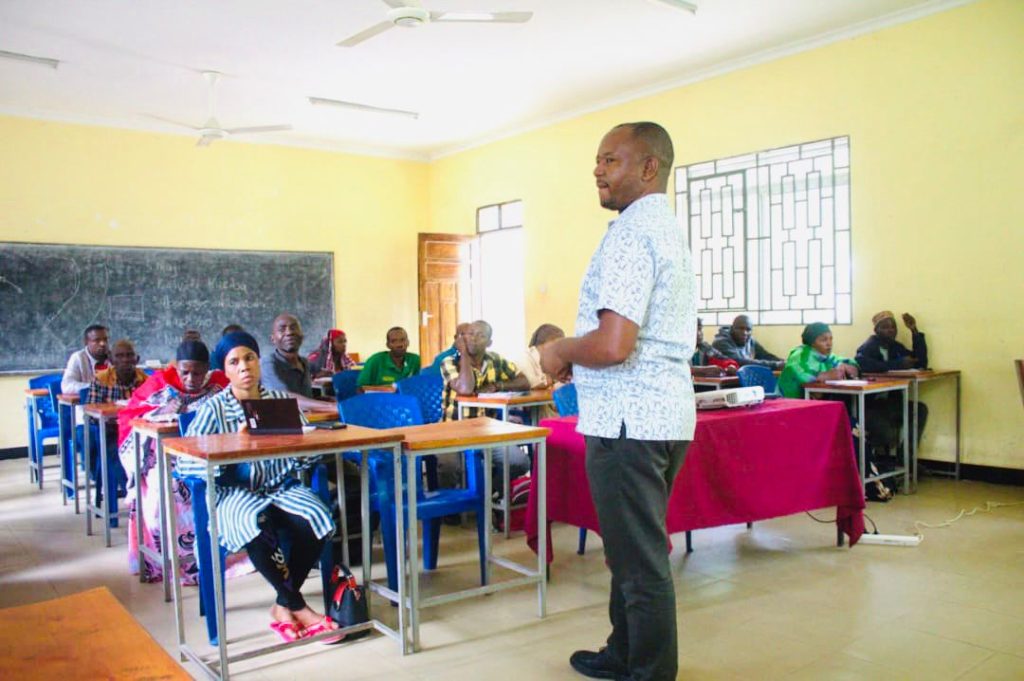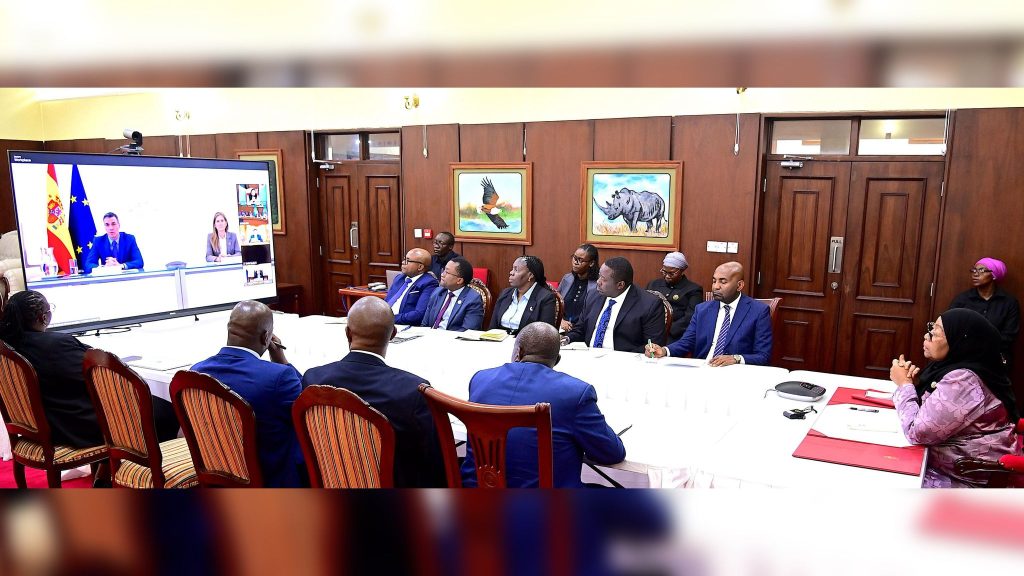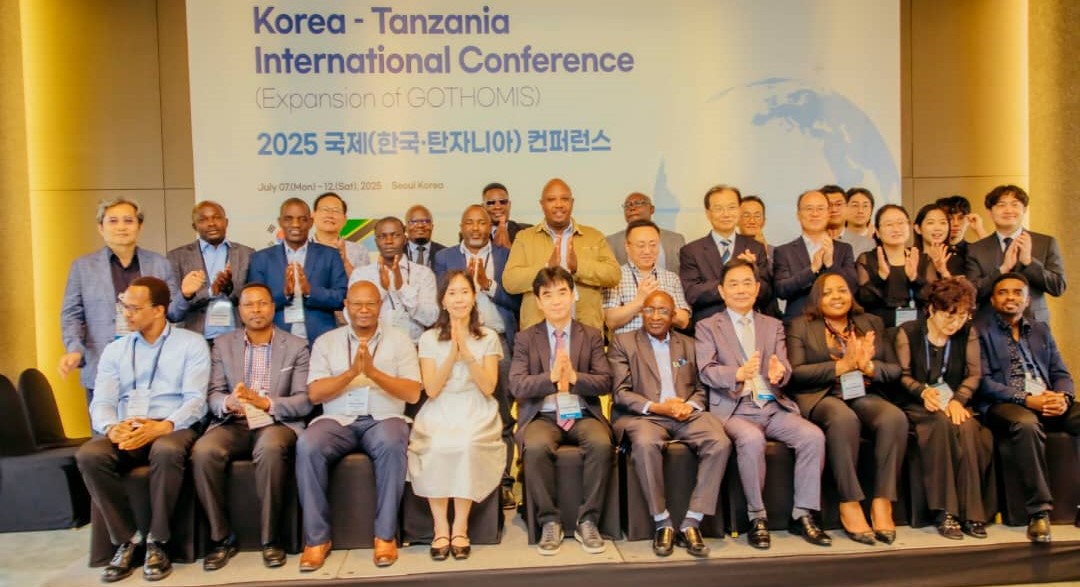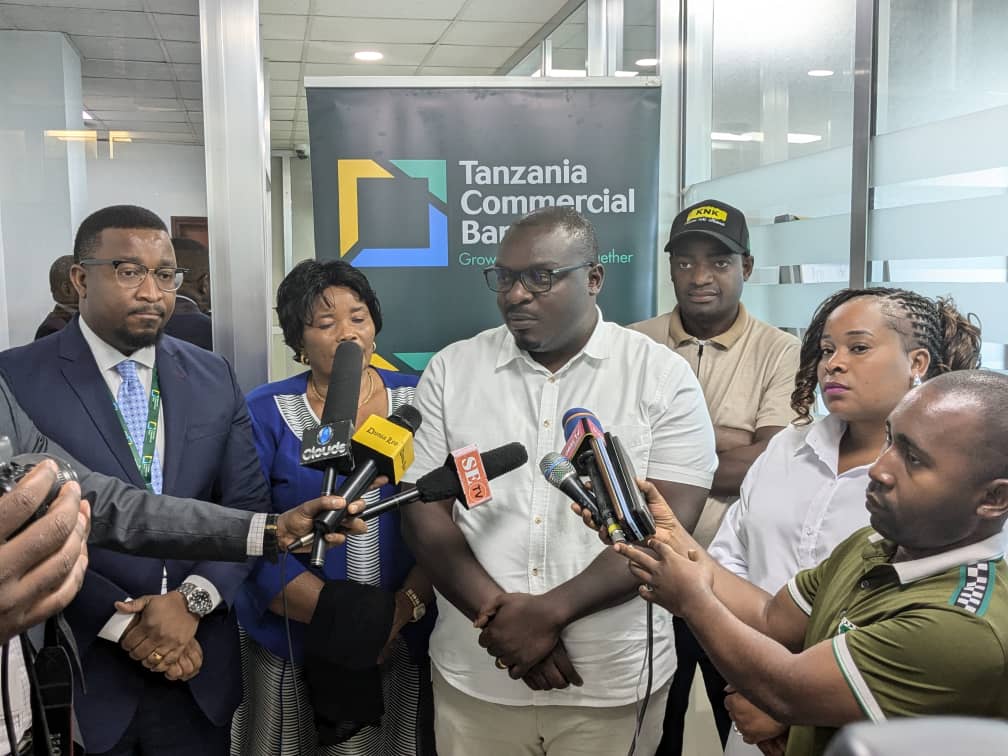Dar es Salaam. The University of Dar es Salaam (UDSM) has awarded an honorary doctorate to outgoing President of the African Development Bank (AfDB), Dr Akinwumi Adesina, in recognition of his transformative contribution to agriculture, finance, and economic development across the African continent.
Dr Adesina was conferred with the Honorary Doctor of Science degree by the Chancellor of UDSM and former Tanzanian President, Dr Jakaya Mrisho Kikwete, during the 55th graduation ceremony—first phase—held at the Mlimani City Hall in Dar es Salaam.
Introducing the awardee, former UDSM Vice Chancellor, Prof Rwekaza Mukandala, described Dr Adesina as “a rare blend of academic excellence, visionary leadership and tangible impact on lives”, attributes which made him a deserving recipient of the university’s prestigious honour.
UDSM, which confers honorary degrees every three years to individuals who meet its stringent criteria, recognised Dr Adesina for his global leadership and immense contribution to the agricultural and financial sectors in Africa.
Prof Mukandala highlighted Dr Adesina’s academic background, including a PhD in Agricultural Economics, and his remarkable work in spearheading reforms in agriculture and finance.
As Nigeria’s minister for Agriculture in 2011, he introduced the electronic wallet (e-wallet) system that enabled farmers to receive fertiliser subsidies via mobile phones, a move credited with eliminating middlemen corruption and benefiting over 11 million farmers.
As AfDB President since 2015, Dr Adesina oversaw the bank’s capital increase from $93 billion in 2015 to $208 billion in 2019.
He also introduced five strategic priorities—popularly known as the “High 5s”: Light up and power Africa, Feed Africa, Industrialise Africa, Integrate Africa, and Improve the quality of life for the people of Africa.
These initiatives have positively impacted over 565 million Africans.
“Infrastructure development also soared under his leadership, with over $55 billion invested in key infrastructure projects across the continent,” said Prof Mukandala.
The AfDB, under Dr Adesina’s stewardship, also directed significant investment towards food security, reaching more than 100 million beneficiaries, and committed $3 billion to strengthen healthcare systems across the continent, including pharmaceutical manufacturing.
Though an agricultural economist by training, Dr Adesina was praised for his far-reaching impact on Africa’s financial architecture.
He championed reforms to promote inclusive finance that benefits youth, women, and rural communities.
Key initiatives include recapitalising the AfDB, launching social impact bonds, and establishing emergency response funds—all geared toward boosting investments in infrastructure, health, agriculture, and energy.
In Tanzania, AfDB’s partnership has focused on strategic infrastructure to drive competitive economic growth and job creation.
The bank is supporting major transport projects including the Dodoma Ring Road, the Msalato International Airport, and a key Standard Gauge Railway (SGR) segment linking Tanzania and Burundi.
AfDB has also emerged as a major partner in strengthening Tanzania’s private sector, especially in agriculture, which has enabled the country to achieve 128 percent food self-sufficiency.
Through the Building a Better Tomorrow (BBT) initiative, over 11,000 Tanzanian youth have been engaged in modern agriculture.
Receiving the honorary doctorate, Dr Adesina expressed gratitude to the government of Tanzania and President Samia Suluhu Hassan for the invitation.
“I love Tanzania, and I consider myself a citizen of this beautiful country,” he said.
He also extended heartfelt appreciation to UDSM for the honour, urging the 842 graduating students who received their degrees alongside him to apply their knowledge creatively for the advancement of Africa.
“Use what you have learned here to shape strategies that will uplift our continent,” he told the graduates.

